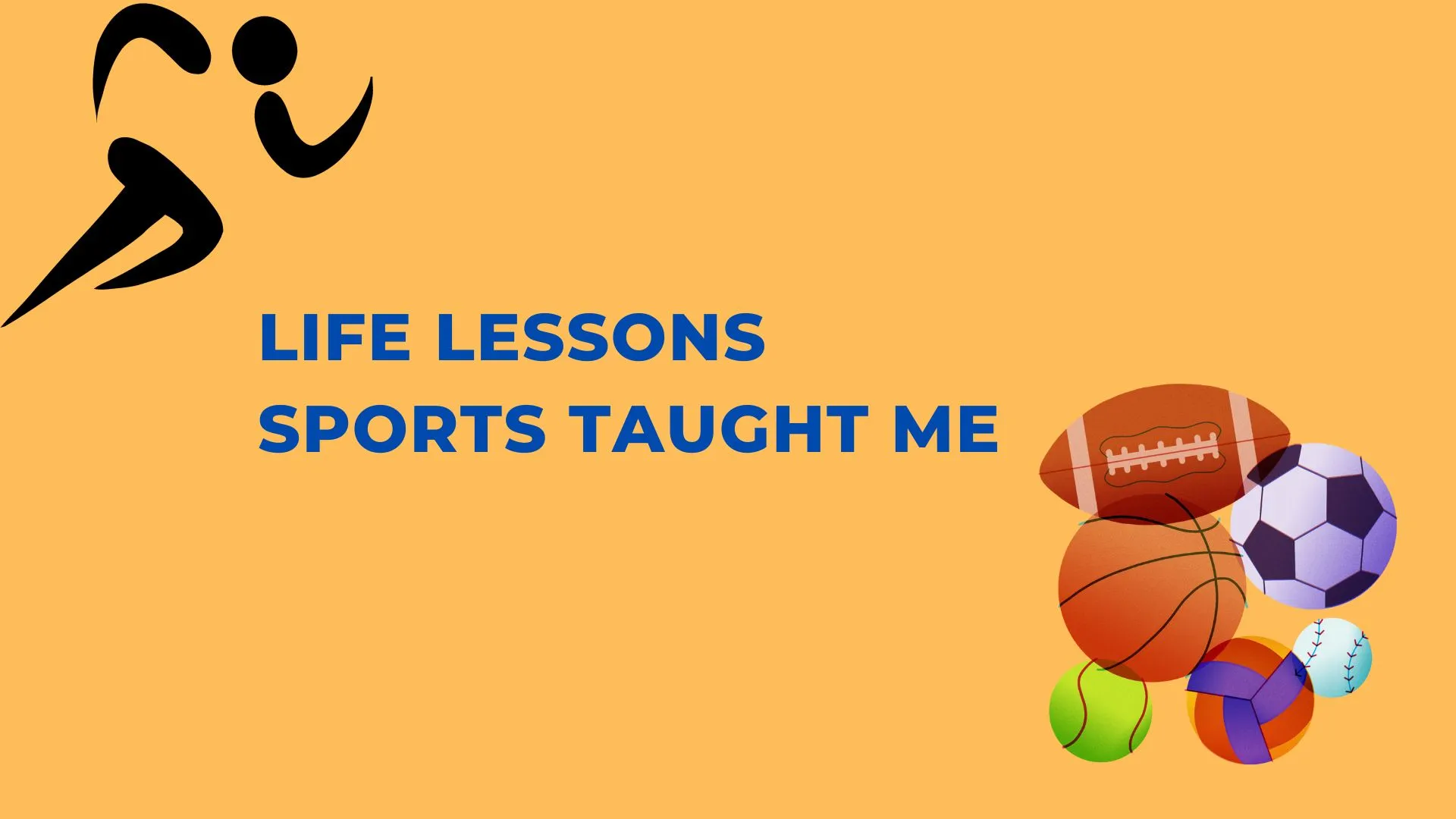Playing sports competitively from a young age into college shaped me in many ways. Beyond physical skills, sports provided an invaluable education in life lessons that applied far beyond the field or court.
Looking back, some of the most meaningful takeaways were surprising. Pursuing athletics taught me about hard work, resilience, teamwork, handling pressure, and more. Those lessons stuck with me long after I hung up my cleats or retired my jersey.
Here are some of the key life lessons from my years as an athlete that still guide me today:
Contents
- 1 Pushing Past Perceived Limits
- 2 Consistency Compounds Over Time
- 3 Dealing Positively with Constructive Criticism
- 4 Turning Losses into Learning Opportunities
- 5 Importance of Chemistry and Teamwork
- 6 Maintaining Perspective and Learning Humility
- 7 Importance of Proper Rest and Recovery
- 8 Dealing with Unfair and Difficult Authorities
- 9 Transferring Skills to Other Pursuits
Pushing Past Perceived Limits
Starting out, I didn’t dream I could make the high school varsity soccer team. I almost talked myself out of trying out.
But encouragement from my coach to ignore self-doubt and go for it anyway changed my path. Through diligent training, I improved dramatically and won a starting spot.
That experience revealed an important truth – our capabilities are often far greater than we imagine. Fear and insecurity impose limits where none exist. Sports expanded my belief in what I could achieve with hard work.
Consistency Compounds Over Time
Achieving major fitness goals like running a faster mile didn’t happen overnight. But slowly and steadily, incremental gains compounded.
Sticking with challenging workouts week after week built strength and speed. Resisting shortcuts for gradual, consistent improvement over months and years led to big payoffs.
True achievement requires persistence, patience, and trust in the process. Sports taught the power of compound interest both physically and mentally. Keep showing up.
Dealing Positively with Constructive Criticism
Initially, I bristled at critiques from coaches about skills I needed to improve. Their feedback felt harsh and demotivating.
Over time, I learned that good coaches offer candid criticism not to harm but to help you grow. They see potential in you that you can’t yet see in yourself.
Responding positively to tough coaching feedback instead of reacting defensively allowed me to maximize my strengths and sharpen my weaknesses. Criticism usually comes from a caring place. Receive it with grace.
Turning Losses into Learning Opportunities
Losing never feels good, but dwell on defeats too long and risk missing the upside. Sports losses, though painful, provided important opportunities for growth.
Reviewing game footage to analyze what went wrong taught me accountability. Failure analysis revealed areas needing work and fueled motivation to improve.
Rather than just complain about losing, I channeled energy into learning from it. Loss is the ultimate teacher if you let go of your ego and get curious. Examine, adapt, and move forward wiser.
Importance of Chemistry and Teamwork
Talent matters, but I learned individual skill alone rarely wins big games. The teams with the best chemistry – who trusted each other and played United – dominated.
Egos and lack of communication sabotage success. But commitment to a shared goal, helping each other improve, and celebrating collective achievements breeds excellence.
Wins and losses belong to the whole team. Trusting teammates and collaborating unselfishly leads to synergy on the field and in life.
Maintaining Perspective and Learning Humility
Early on, I’d get devastated by mistakes or tough losses, thinking one error defined me. But I eventually realized athletics is a narrow sliver of life.
Keeping perspective about my self-worth and not depending wholly on being the MVP brought freedom. Sports teach humility too. There is always someone faster and stronger.
How you handle defeats, not just achievements, reveals character. Sports remind us we’re human. Keeping grounded, even amidst big success, ensures grace.
Importance of Proper Rest and Recovery
As a teenager, I pushed through practices while injured or exhausted, thinking it made me tough. But lack of rest backfired through diminished performance or worse injury.
Good coaches taught me the value of listening to my body, taking rest days, and switching up training to prevent burnout. Pushing through pain often meant prolonging it.
Rest allowed my mind and body to integrate training and get stronger. Sports taught honoring rhythms of effort and recovery. Imbalance breeds breakdown.
Dealing with Unfair and Difficult Authorities
Youth sports unfortunately have some flawed leaders who bring ego and favoritism to the field. I learned strategies to handle unfair coaches.
When encountering unreasonable leaders, I avoided rebellion that could worsen treatment. But neither did I stay silent. I learned to respectfully advocate for myself and my teammates to defuse problems.
Unjust coaches may hold power, but their flaws don’t define you. Speak the truth with composure. Reason with them, or direct concerns to their superiors if needed.
Transferring Skills to Other Pursuits
Skills like goal-setting, resilience, teamwork, and work ethic honed through sports later enabled success in school and business.
Athletics taught me how to learn. When faced with new challenges in academics or career, I tapped into the grit sports developed to master fresh skills.
Lessons engrained through sports equipped me to succeed off the field. Competitive passion transferred to other areas of achievement. Sports built me up beyond just physical abilities.
While I no longer compete, I’m grateful for the years I spent as an athlete. Sports not only gave me lifelong fitness, but more importantly instilled values and tools that shaped me into who I am today. I draw on those lessons often, years later.
To any young athletes reading this, know that what you learn through dedication and perseverance will outlast trophy collections. Make the most of the journey!

